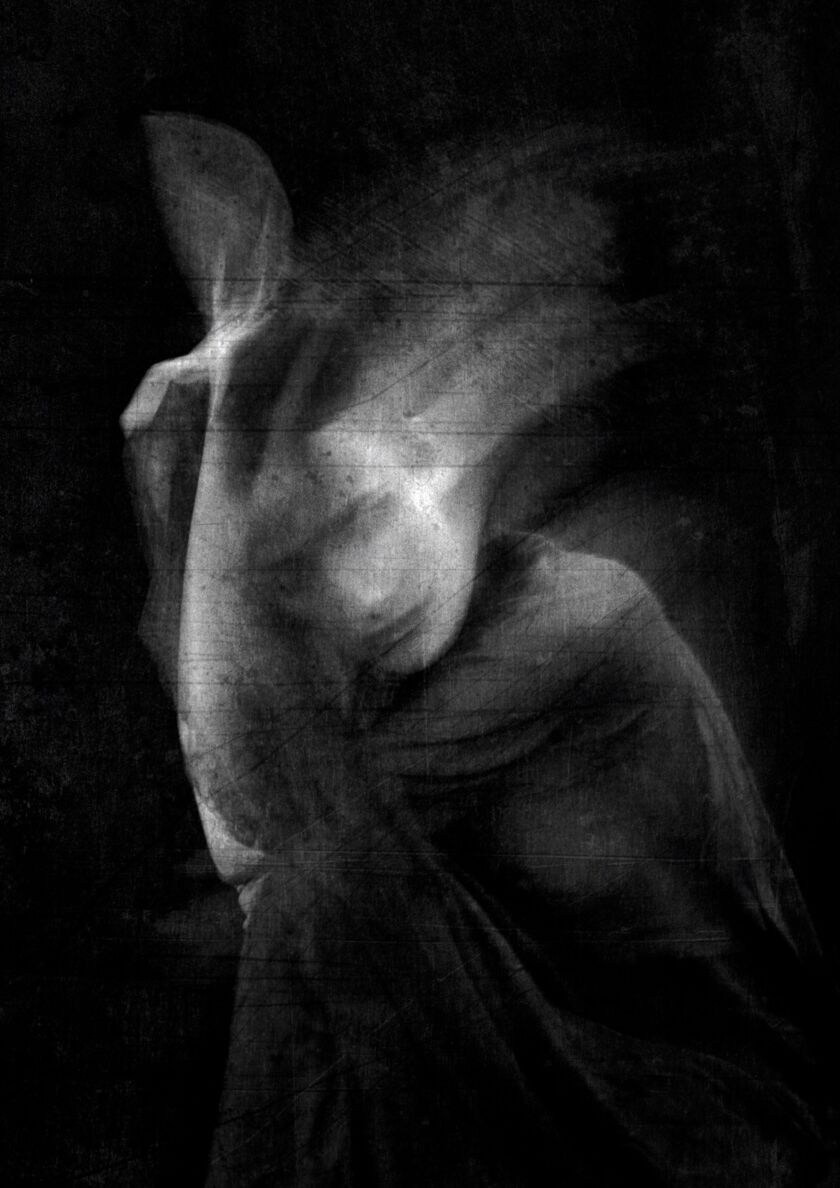Karl Kraus’s monumental drama Die letzten Tage der Menschheit (The Last Days of Mankind) is a bitterly incisive reckoning with the horrors of World War I. Written between 1915 and 1922, Kraus’s text plumbs the grim depths of the war and exposes its grotesque, profoundly unbearable absurdity in over 200 scenes: from the cynical blindness of the political establishment and the disinformation spread by the press to the dull indifference of the masses. Kraus shines an unforgiving light on how the folly of war was made inevitable by a confluence of political agendas and wartime propaganda, along with a society that readily believed the lies. As he bluntly states in his preface: ‘The most implausible conversations in this play were spoken verbatim; the shrillest inventions are direct quotations.’ Drawing his material from documented events and dialogues he overheard in public, Kraus makes his audience witnesses to a world that plunges into war with eyes wide open. He originally regarded The Last Days of Mankind as solely suitable for public readings and only agreed to a stage version in 1928. According to his preface, he wrote it for a ‘theatre on Mars’, as no stage on earth could possibly do justice to the pandemonium it depicts.
Dušan David Pařízek is known for his powerfully atmospheric stagings and has received numerous awards for his work as a writer, director and set designer. His production for this year’s Salzburg Festival will highlight the unsettling contemporary relevance of Kraus’s questions. What makes people susceptible to disinformation, populism and propaganda? What gives rise to delusional ideas and a belief in the inevitability of violence? What kind of society would rather leave thinking and acting to others? Pařízek critically explores the regressive impulses and symptoms of our troubled times: the final gasp of a civilizational cycle characterized by self-destructive jockeying for power, the hyping of
‘just’ wars, and profound emotional and ethical instability. We all share responsibility for this bleak world, ravaged as it is by multiple crises and the resurgence of nationalism in Europe, and Kraus’s indictment therefore applies to everyone, from bystanders to those in power. His text presents a dark vision, an ominous warning from the past. It compels each individual living today to confront the question of their own moral responsibility in a reality marked by populism, disinformation and warmongering.
The Last Days of Mankind is far more than a condemnation of war: it carries out a stinging dissection of human nature. Kraus challenges us to reflect on the mechanisms of violence, power and propaganda that still surround us and threaten, even today, to send the world spiralling into madness. A haunting look into the void, revealing humanity in all its destructive fury and tragic imperfection.
Lena Wontorra
Translation: Sebastian Smallshaw

